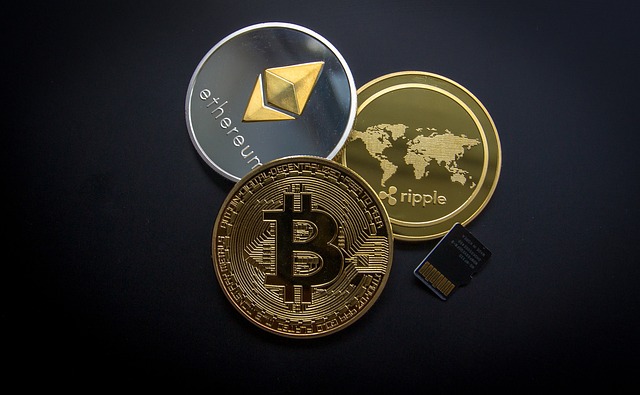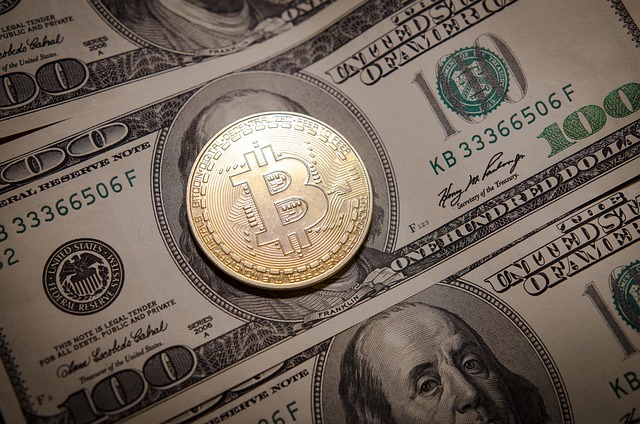Who Regulates Crypto: A Comprehensive Guide
Cryptocurrencies have seen tremendous growth and popularity over the past decade, attracting millions of investors and enthusiasts worldwide. However, the decentralized nature of cryptocurrencies has raised concerns regarding their regulation and oversight. In this article, we explore the key regulators overseeing the crypto space and their roles in ensuring a safe and secure environment for participants.

1. Securities and Exchange Commission (SEC)
The United States Securities and Exchange Commission (SEC) is one of the most prominent regulators overseeing cryptocurrencies. They focus primarily on Initial Coin Offerings (ICOs) and crypto exchanges operating within their jurisdiction.
The SEC's aim is to protect investors by ensuring that crypto-assets are offered and traded in compliance with securities laws. They scrutinize ICOs to determine whether they qualify as securities offerings and impose sanctions against fraudulent activities.
2. Financial Conduct Authority (FCA)
The Financial Conduct Authority (FCA) is the regulatory body responsible for overseeing financial markets in the United Kingdom. They recently gained authority over cryptocurrencies and related activities.
The FCA ensures the integrity of the crypto market by supervising crypto exchanges, custodian wallet providers, and businesses conducting token sales. They enforce stringent anti-money laundering (AML) and know-your-customer (KYC) regulations to prevent illicit activities.
3. Commodity Futures Trading Commission (CFTC)
In the United States, the Commodity Futures Trading Commission (CFTC) regulates virtual currencies as commodities. They monitor and prevent market manipulation or abusive practices.
The CFTC has the authority to prosecute fraudulent schemes and enforce compliance by crypto exchanges and futures trading platforms.

4. Financial Market Authority (FMA)
The Financial Market Authority (FMA) of Austria is responsible for regulating and supervising financial institutions, including cryptocurrencies.
The FMA ensures consumer protection, market stability, and integrity by imposing strict regulations on crypto-service providers, including exchanges and wallet providers.
5. Financial Services Agency (FSA)
The Financial Services Agency (FSA) of Japan oversees the crypto market within the country.
The FSA has implemented a registration process for cryptocurrency exchanges to operate legally. They conduct regular inspections and audits to ensure the safety of customer funds and prevent money laundering and terrorist financing.
6. International Organizations
International organizations like the Financial Action Task Force (FATF) and the International Organization of Securities Commissions (IOSCO) also play a vital role in setting global standards and guidelines for regulating cryptocurrencies.
These organizations promote cooperation amongst regulators worldwide to combat money laundering, fraud, and other illicit activities in the crypto space.

In Conclusion
As the popularity of cryptocurrencies increases, regulatory oversight becomes crucial to protect investors and maintain market integrity. The mentioned regulators, along with various others, are continuously striving to strike the right balance between innovation and investor protection. It's essential for individuals and businesses in the crypto sphere to stay informed about evolving regulations and ensure compliance to enjoy a secure and thriving crypto ecosystem.
For further reading on cryptocurrencies and the evolving regulatory landscape, check out Jogue Online "Earn to Die 2012 Part 4".


